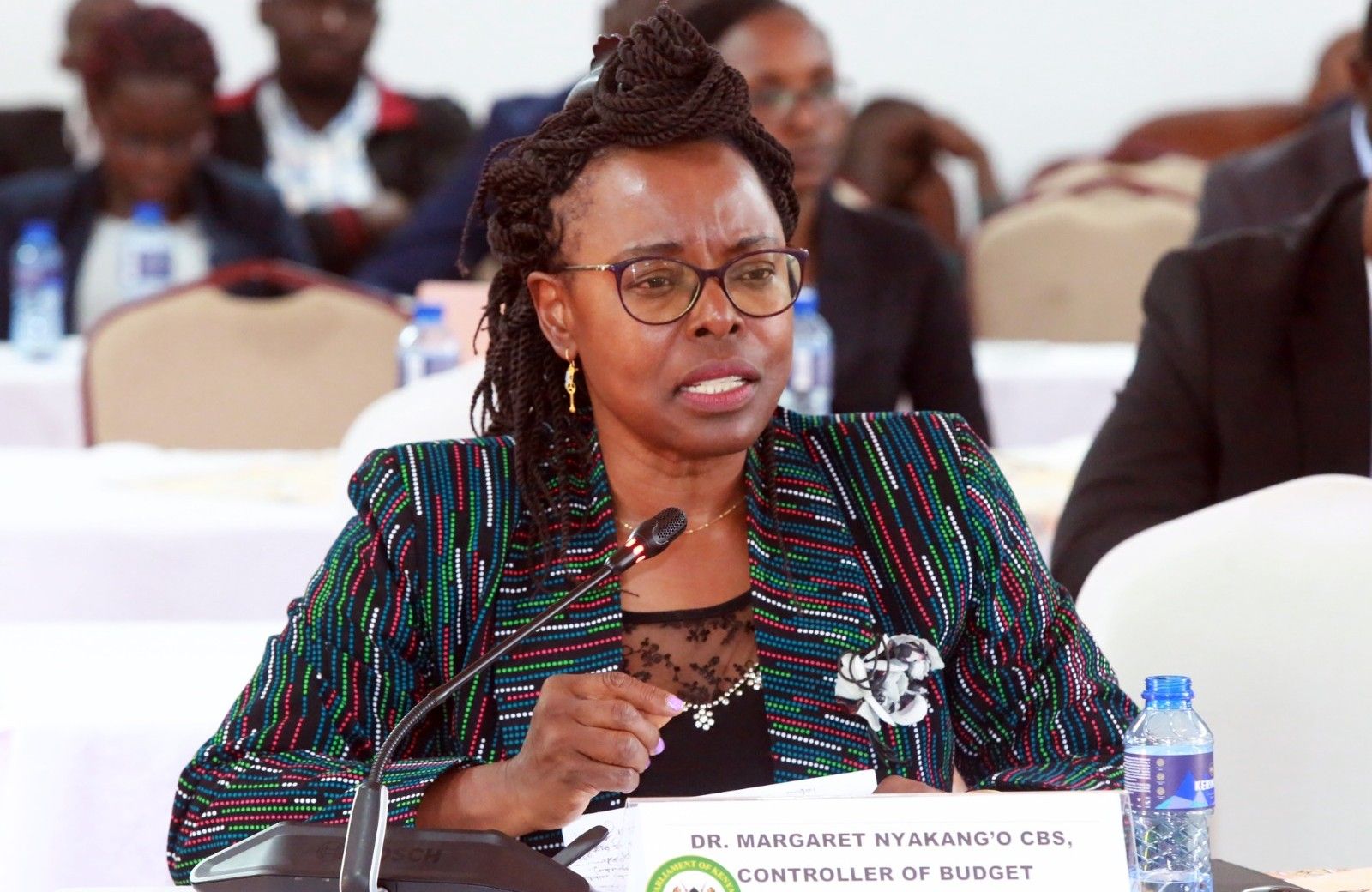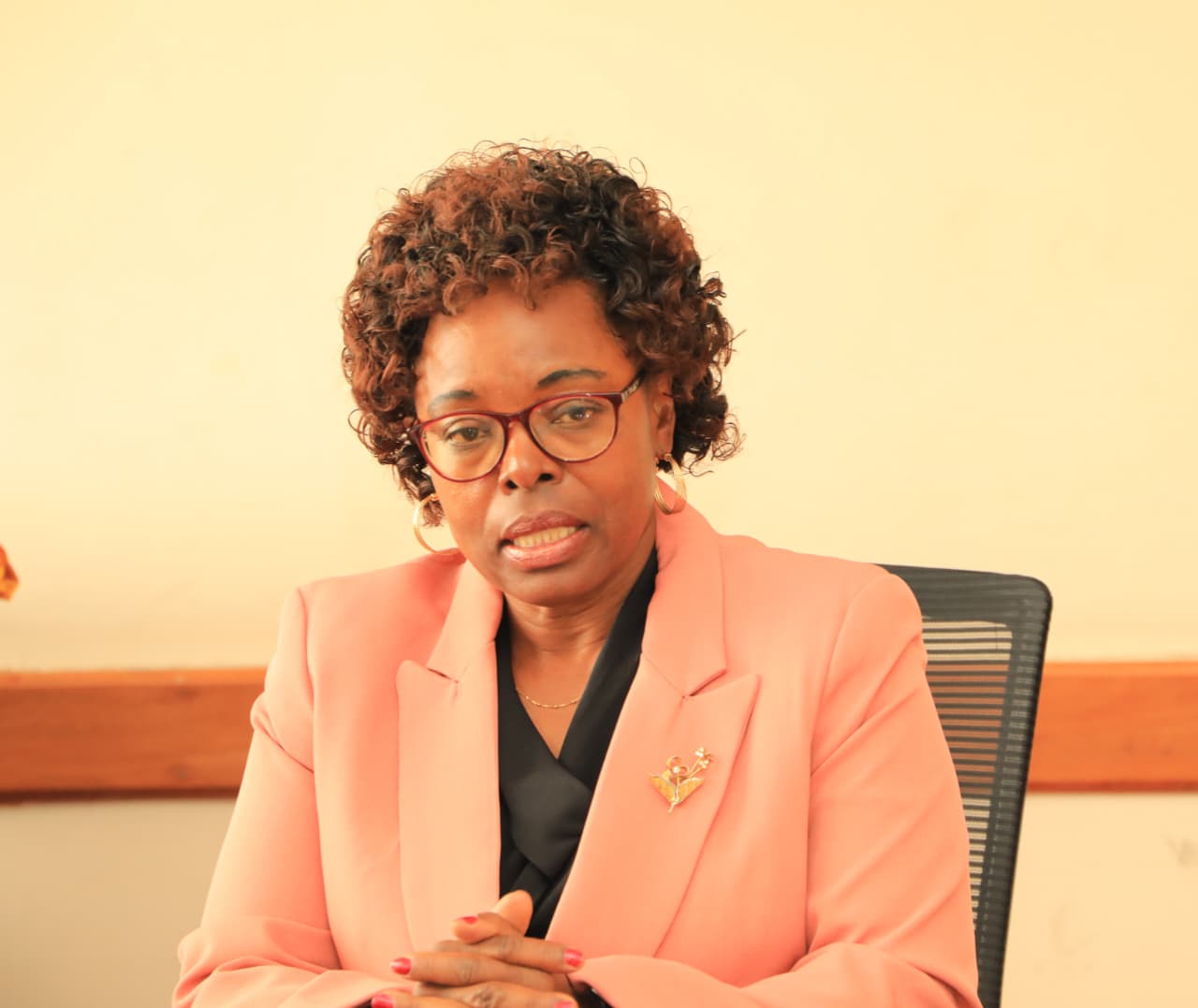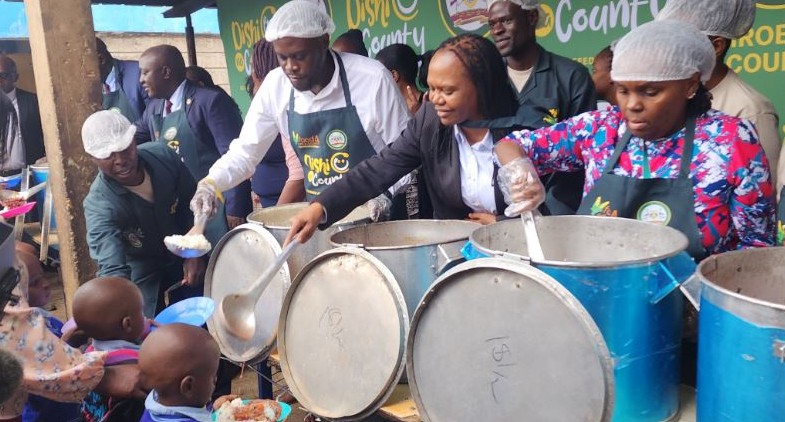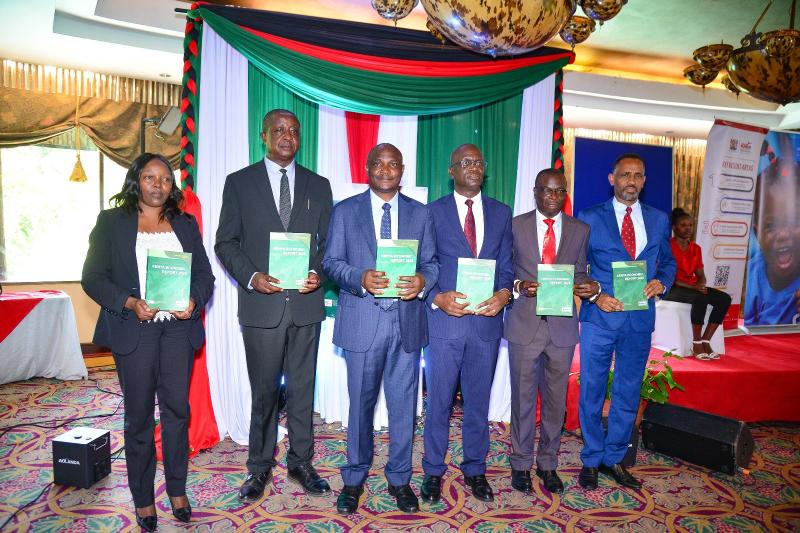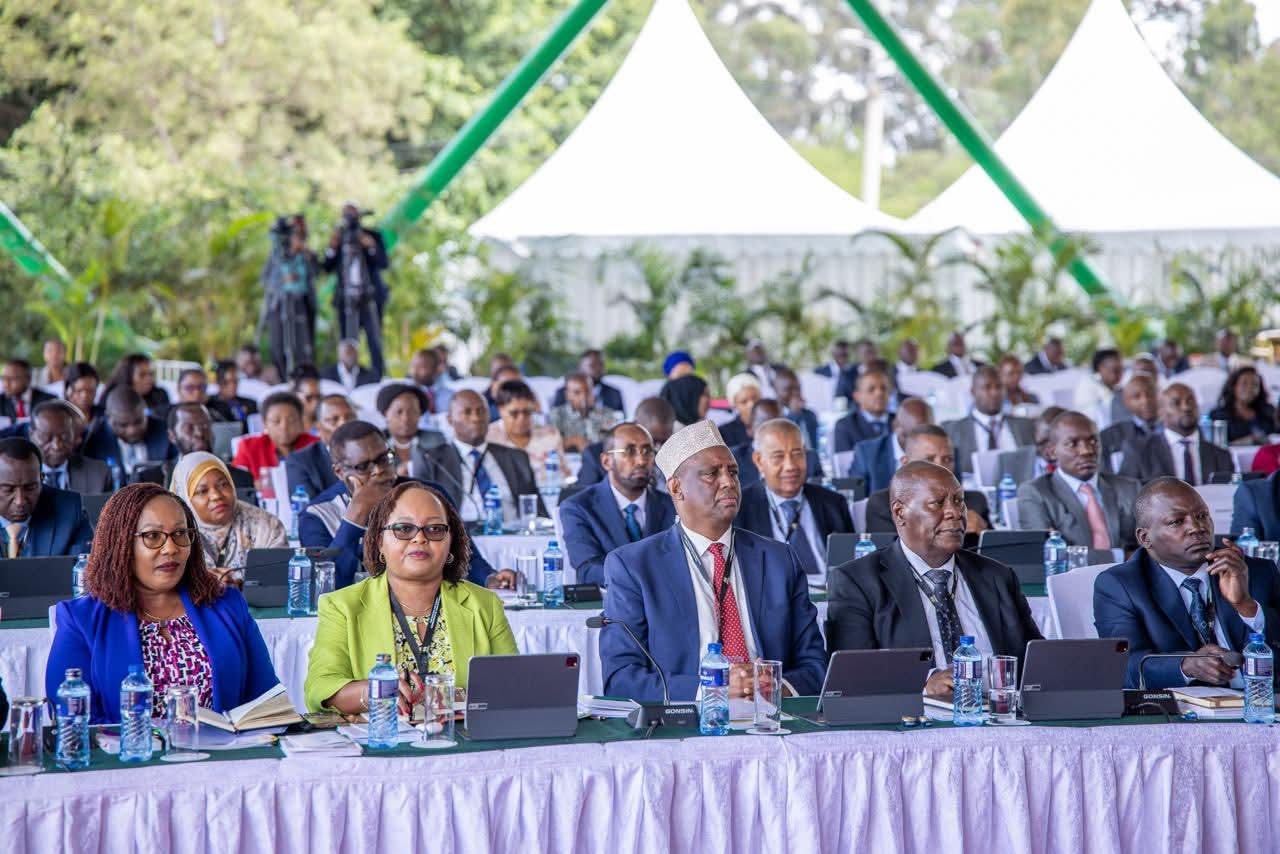Benylin Paediatric: South Africa regulator finds no toxin in recalled cough syrup
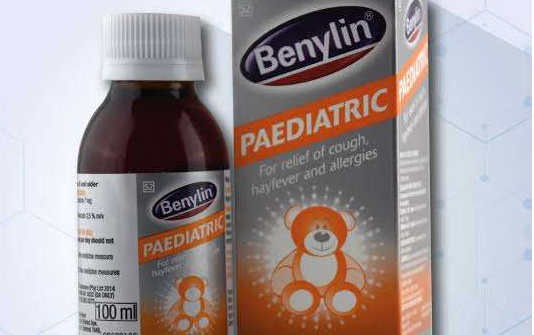
The South African Health Products Regulatory Authority issued the recall in April, days after Nigeria's regulator recalled the medicine - a batch of Benylin Paediatric Syrup made in South Africa
An investigation into two recalled batches of children's cough syrup made in South Africa by Johnson & Johnson found no trace of a toxin, and no adverse events have been reported from consuming the syrup, the country's drug regulator said on Wednesday.
The South African Health Products Regulatory Authority issued the recall in April, days after Nigeria's regulator recalled the medicine - a batch of Benylin Paediatric Syrup made in South Africa - over an unacceptably high level of a potentially deadly toxic substance, diethylene glycol.
More To Read
- Over 60,000 African penguins died as sardines disappeared from South Africa’s waters, study finds
- Report links 60,000 penguin deaths to sardine decline, poor fisheries management
- Zuma’s daughter resigns from Parliament amid claims she sent South African men to fight in Russia-Ukraine war
- Inside the rise of news influencers transforming media in Kenya, Nigeria and South Africa
- Ramaphosa hits back after Trump says South Africa won’t be invited to 2026 G20 summit
- G20: South Africa hosts summit in shadow of US boycott
No adverse events have so far been reported in South Africa or other African countries relating to the syrup, though Kenya, Rwanda, Tanzania and Zimbabwe also issued recalls.
"SAHPRA also wishes to indicate that there is no record of any adverse drug reactions relating to diethylene glycol for the two recalled batches in South Africa or anywhere else where they were exported to on the continent," the regulator said in a statement.
Kenvue which owns the Benylin brand after a spinoff from J&J last year, said its tests of the recalled batches found no trace of either diethylene glycol or another closely linked toxin, ethylene glycol.
"We welcome the statement by SAHPRA reaffirming the safety of the batches of Benylin Paediatric Syrup that were subject to the recall," it said in a statement.
The contaminant diethylene glycol, and ethylene glycol, have been linked to the deaths of more than 300 children in Cameroon, Gambia, Indonesia and Uzbekistan since 2022. There is no evidence that those incidents were linked with the recalls in April.
Top Stories Today


